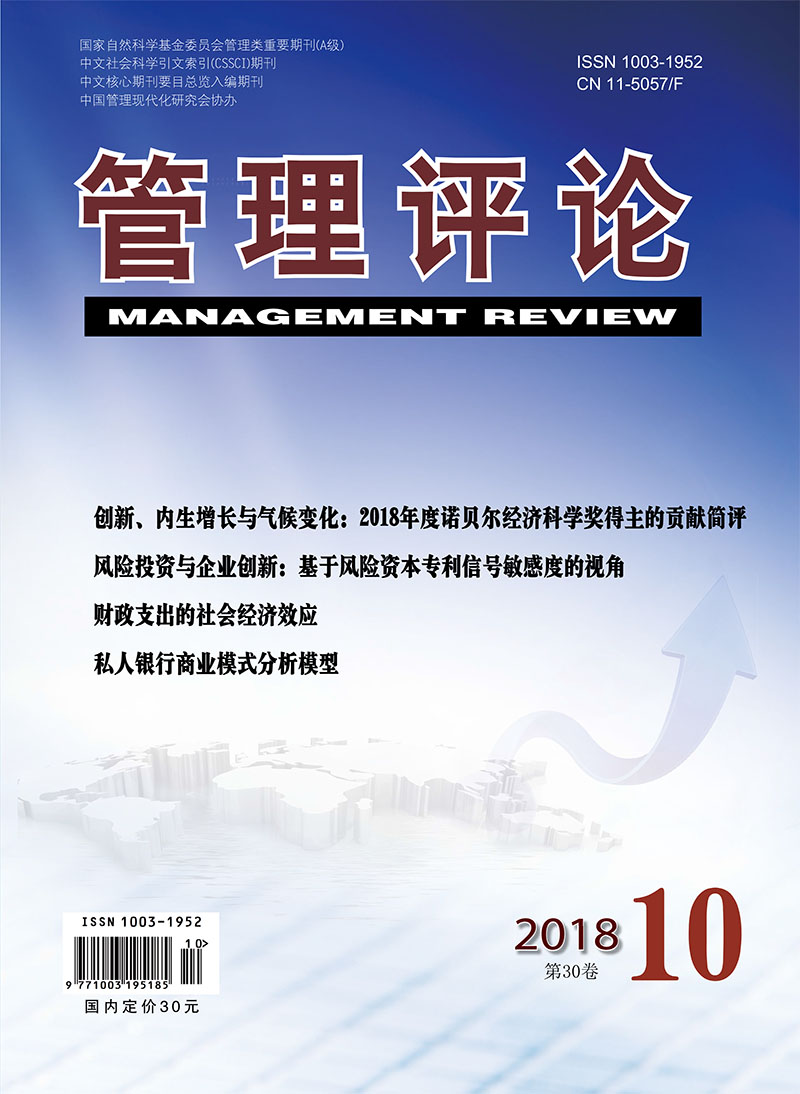The 2018 Nobel Prize in Economic Sciences was awarded to Professors William D. Nordhaus and Paul M. Romer for their outstanding contributions to climate change, technological innovation and endogenouseconomic growth research. Natural scarcity is one of core properties of economics, while knowledge and innovation are effective ways to break the bottleneck of resource scarcity. Two Nobel Prize winners in 2018 made great contributions to these areas by establishing interactional model of market economy, knowledge and natural resources. To be specific, the emphasis of Professor Nordhaus's research has long been placed on climate change economics. He was the first to lay down the economic analysis framework on climate change, and creatively built a dynamic integrated climate economic model (DICE), which has been broadly employed to manage social cost of carbon (SCC) and provide market-oriented strategies for tackling climate change. Professor Romer proposed the famous four-factor growth theory (i.e., physical capital, labor, human capital and knowledge), and developed an endogenous economic growth model by incorporating knowledge stock into economic production. His research heavily re-spurs the academic interests in economic growth, and in practice, promotes the making of plenty of regulations and policies associated with economic development. This work dedicates to reveal the contributions of Professors Nordhaus and Romer's works, summarizes the state-of-the-art lessons abstracted from their theories and applications, and indicates possible directions for future research and policy-making on knowledge creation, technological change and economic growth.

